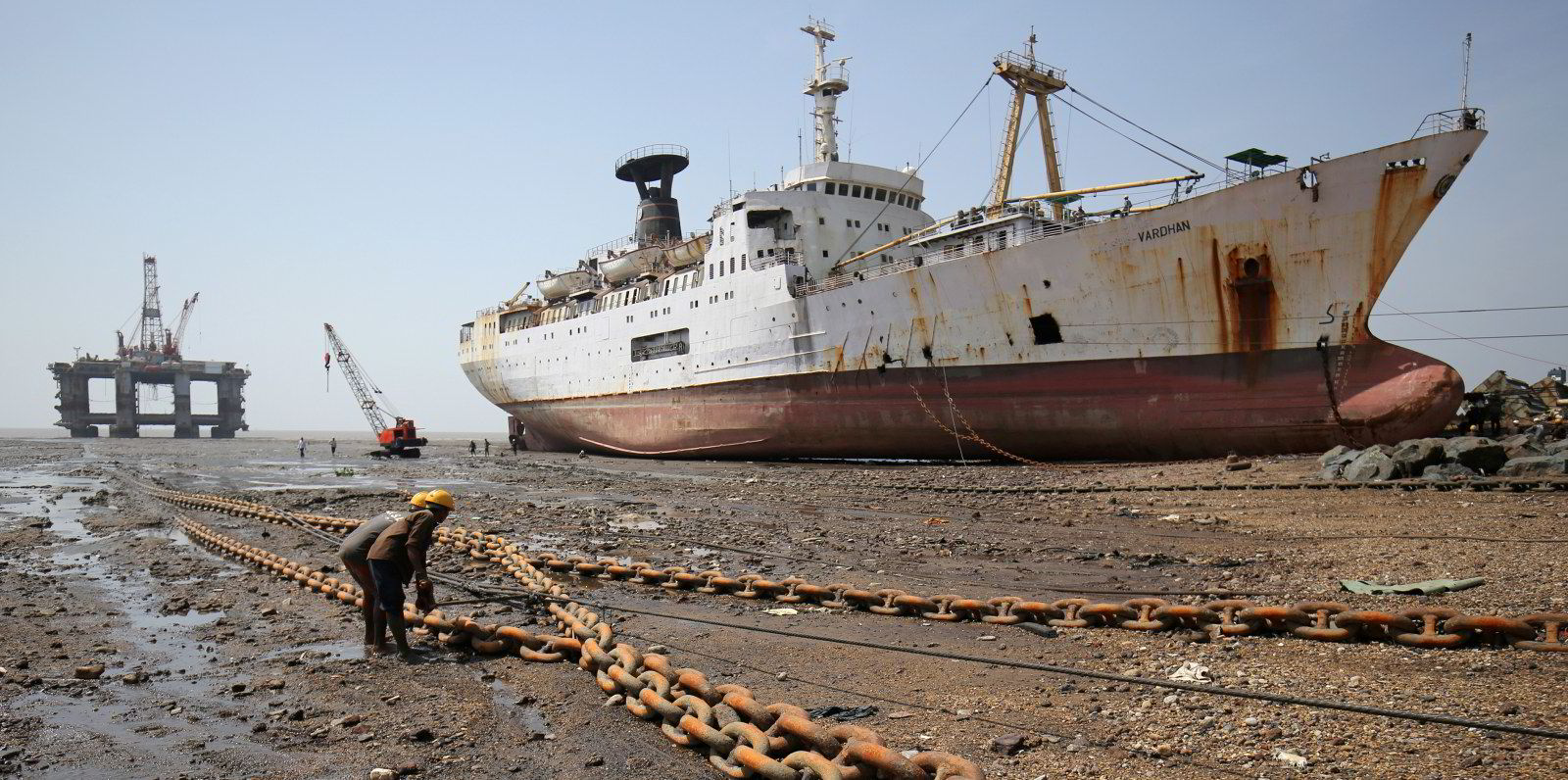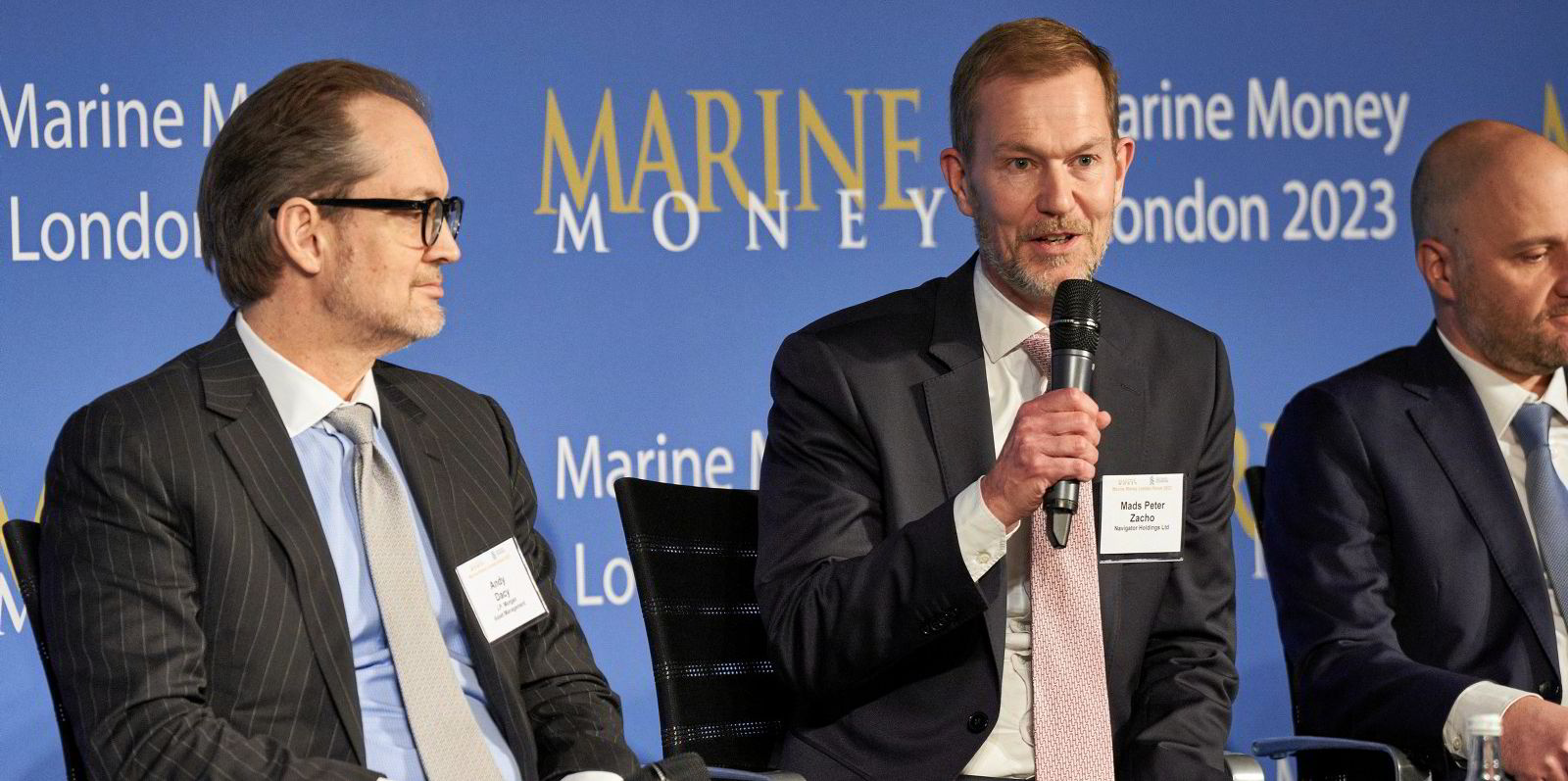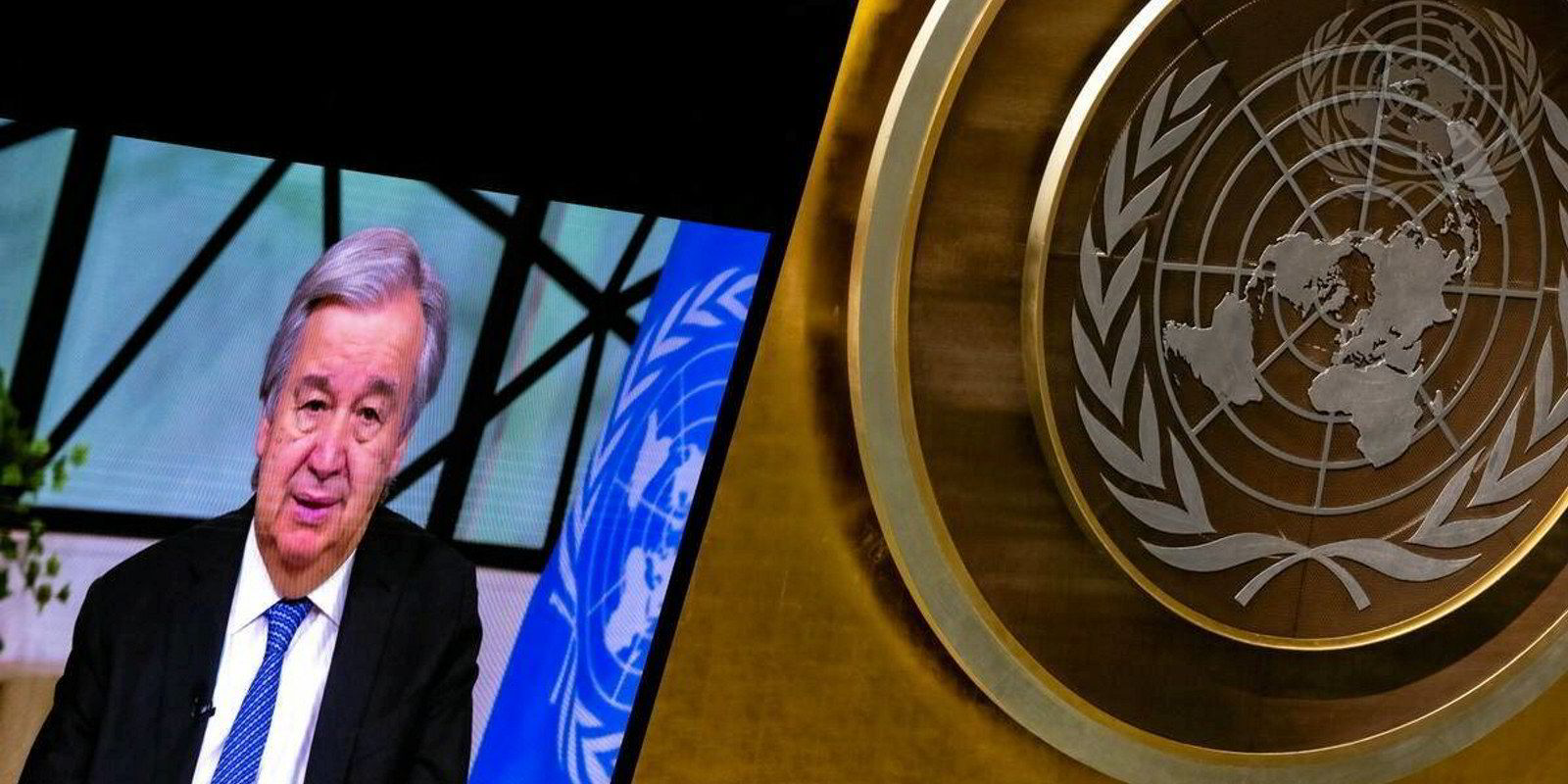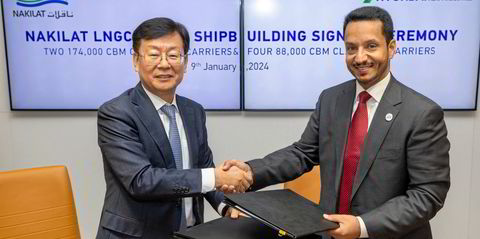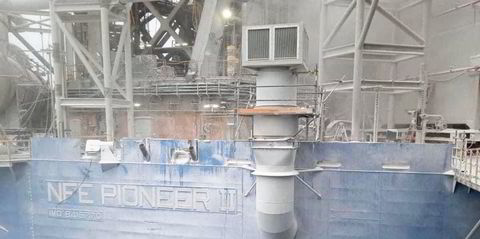It is more than 14 years since the signing of the Hong Kong Convention for the Safe & Environmentally Sound Recycling of Ships, an International Maritime Organization treaty that aims to clean up the business of demolishing vessels at the end of their life.
And among those who have been impatient about its ratification is India, as some of its ship recycling yards have invested in compliance with the treaty even before it becomes law.
“Since the adoption of the Hong Kong ship recycling convention in 2009, the progress in bringing the convention into force has been far from encouraging,” India’s delegation said in a submission to the IMO.
The document, filed on 2 June but only made public in recent days, was drafted before more encouraging signs emerged. As Adam Corbett reported in TradeWinds, the ratification by Bangladesh of the Hong Kong Convention has put the treaty on the verge of approval.
The move by the Bangladeshi government has touched off a diplomatic effort to deliver the final ratifications.
Bangladesh is a ship-breaking nation. But because of the complex maths laid out in the convention, major flag states could derail the finalisation of the treaty if they deposit their ratification documents before the threshold for ship recycling countries is met. So Liberia and the Marshall Islands have ratified the treaty but held off on notifying the IMO. One or both of those countries is expected to do so soon after Bangladesh, which would cement the convention.
But even if that happens imminently, it will take two years for the convention to enter force, adding to India’s concerns.
Lower standards
“Without the convention entering into force and if the ships continue to be recycled in non-[Hong Kong Convention]-compliant yards due to lower operational costs and less stringent health, safety and environmental regulatory compliance requirements, it will lead to undermining the confidence in safety and environmental regulations that the … compliant yards currently adhere to,” the delegation wrote.
India proposed three ways to accelerate the adoption of the convention, which aims to improve worker safety and disposal of hazardous materials in ships.
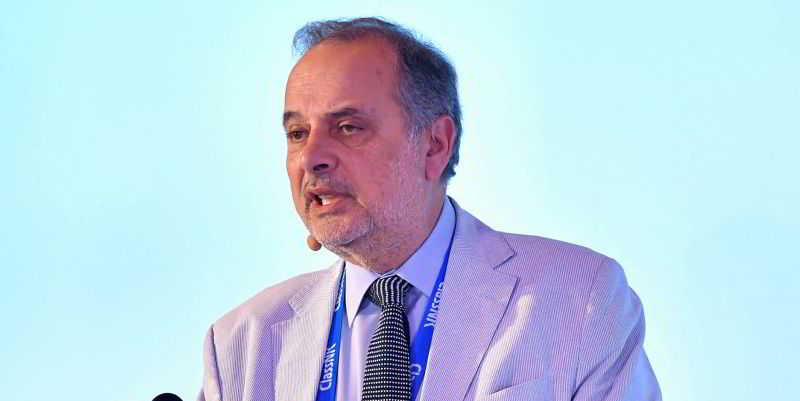
Its proposal to amend the convention to allow early implementation now seems moot, particularly if the ratification thresholds are met soon.
But India also asked the IMO to encourage member states to recycle their ships at Hong Kong Convention-compliant yards and for ship-breaking nations to upgrade their facilities to meet the convention even before it goes into effect.
India’s urgency is probably driven by efforts at its recycling yards to secure statements of compliance with the convention well before its ratification was secured.
“A significant number of yards in countries like India, Turkiye [Turkey] and Bangladesh are moving towards sustainable practices and voluntary compliance to the Hong Kong Convention,” the delegation said.
“The fact that major recycling yards across the recycling countries have voluntarily undergone assessment and obtained [statements of compliance] shows the positive approach and the growing momentum in the industry. In other ways, these [Hong Kong Convention]-compliant yards are the early movers who made efforts towards safe and environmentally sound recycling activity.”
Nikos Mikelis, a former IMO official who has been involved in the Hong Kong Convention from its start and who is now non-executive director at ship recycling cash buyer GMS, said Indian ship-breaking yards upgraded to early compliance to corner the market of shipowners that wanted to recycle their vessels in a greener way.
Basel challenge
But he pointed to a variety of challenges in the ship-breaking market, including the rules of the Basel Convention on the Control of Transboundary Movements of Hazardous Wastes & Their Disposal. Amendments to the convention made it hard to recycle ships from OECD countries outside of the 38-nation group of developed countries.
Applying the convention to ships and bringing in the amendment has been a “recipe for disaster” for recycling nations other than Turkey, Mikelis said.

TradeWinds has also reported how the European Union’s Ship Recycling Regulation, which requires EU-flag ships to be scrapped at approved yards, has so far not included the major ship-breaking nations in Asia.
Mikelis, who has advised Indian yards on upgrading to Hong Kong Convention compliance, said the country’s proposal for a resolution encouraging member states to scrap ships at yards that meet the treaty’s requirements now would not work.
Tough sell
“Member states don’t recycle those ships. It’s shipowners who recycle ships,” he told Green Seas.
Shipowners who are willing to sell their ships for less to scrap at a Hong Kong Convention-compliant yard do that now.
The Hong Kong Convention for the Safe & Environmentally Sound Recycling of Ships was adopted on 15 May 2009.
It enters force 24 months after ratification by enough member states to meet the following criteria:
- At least 15 states must have ratified it.
- They have to represent 40% of the world merchant shipping fleet by tonnage.
- The ratifying states have to have combined ship recycling volume of at least 3% of their combined tonnage.
That requires a combination of flag states and major ship recycling states to get on board, but amid shifting numbers.
Experts said ratification by Bangladesh and a major flag state will meet these requirements, but a quirk in the way the requirements are counted means Bangladesh will have to deposit its ratification documents with the IMO before Liberia and the Marshall Islands.
“Shipowners who don’t do that — how would you encourage them? You could have a resolution with nice words, but it wouldn’t do anything to encourage recycling,” Mikelis said.
A resolution encouraging ship-breaking nations to upgrade their facilities to comply with the convention could also face challenges. India and Turkey are already encouraging such efforts, but it would be a tough sell in Pakistan, whose ship-breaking sector is facing financial pressure.
Financial pressure
“They are not in a fit state to spend money upgrading their yards,” Mikelis said. “So for member states to encourage their recycling facilities to spend money voluntarily is really difficult.”
India may have to wait for the Hong Kong Convention ratification to play out, although the two-year clock on implementation may start soon.
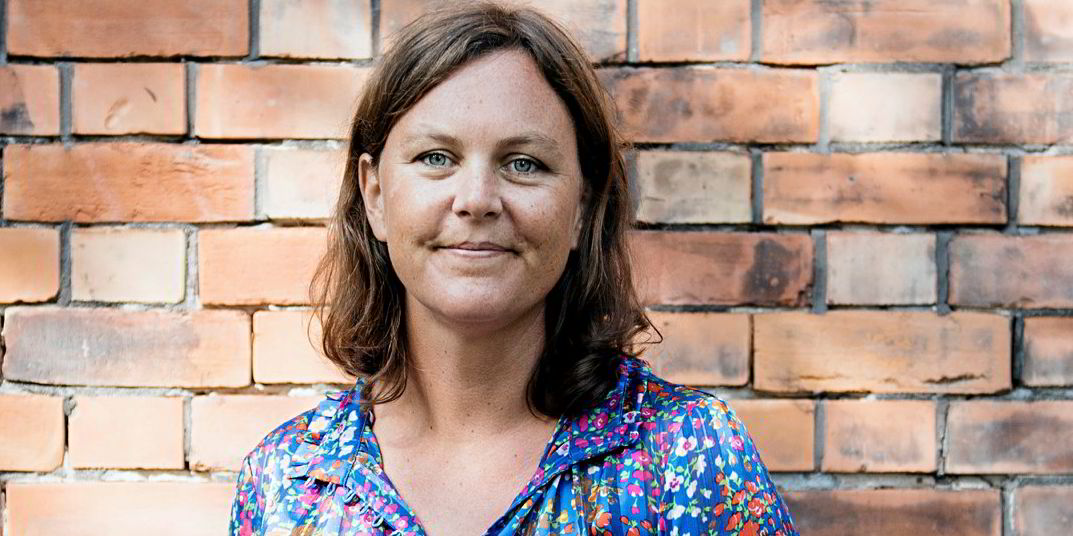
But Ingvild Jenssen, executive director of NGO Shipbreaking Platform, believes compliance with the Hong Kong Convention is no solution to the environmental and safety problems of the ship-breaking sector.
“It fails on several fronts. It doesn’t handle labour rights. It doesn’t look at what happens to hazardous materials once they leave the facility gate,” she said.
Multiple interpretations
“It can be interpreted in many ways, but it also puts the responsibility for its enforcement on entities that so far have shown very little willingness to provide sustainable ship recycling practices.”
And in India’s recycling centre of Alang, she sees evidence of that already.
Scrap yards there have documented compliance with the convention, but Jenssen said many still do not have safety or environmental features that her environmental group and EU officials believe should be required, such as secondary cutting zones and adequate capacity to handle waste streams. There is not even a hospital nearby to handle emergencies, she said.
“The European Commission has been to audit several facilities in Alang in light of the EU Ship Recycling Regulation and not approved any of them due to several problems,” she added.
___________
Navigator and Bumi forge preliminary deal to launch UK-focused CCS venture
Shipowners Navigator Holdings and Bumi Armada have signed a preliminary deal that could create a 50/50 joint venture to offer shipping and injection services in the UK’s carbon capture and storage (CCS) market.
The memorandum of understanding between Navigator, a US-listed owner of liquefied gas carriers, and Malaysian floating energy infrastructure specialist Bumi involves the creation of Bluestreak CO2.
The new company would offer end-to-end solutions for carbon emitters to capture, transport, sequester and store CO2 under the UK’s Industrial Decarbonisation Strategy.
___________
‘This is waste management’: Keeping costs low expected to be key to success in maritime CCS market
Keeping costs low will be key for maritime companies aiming to win customers in the CCS market because it involves shipping a cargo that industries want to do away with, say executives for two players in the burgeoning sector.
That will put a premium on bringing scale to a market that is fast growing because of the imperative for industries to decarbonise, particularly in Europe, but that is still relatively new.
Anders Lepsoe, chief executive of Knutsen NYK Carbon Carriers (KNCC), said the CCS market is developing at a rapid pace, starting from zero just a few years ago. His company aims to get in on the action of carbon transport through the liquefied CO2 carriers it is planning to build.
“I think the most important factor for KNCC in this setting is to actually make everybody understand that this is waste management,” he said in a live stream of TradeWinds’ Green Seas podcast at Nor-Shipping 2023 near Oslo. “It has to become cheap.”
___________
Podcast: Navigating the ups and downs of EU carbon trading
With shipping gearing up to join the EU Emissions Trading System (ETS) at the start of next year, TradeWinds took to the stage at Nor-Shipping to discuss how the industry will have to navigate carbon markets.
Trafigura head of wet freight Andrea Olivi said shipping’s participation in the ETS means the industry faces what it should have faced some time ago: a price on carbon.
“By putting a price on carbon, we are then finally able to take the right commercial decisions while factoring in environmental aspects,” he told the TradeWinds Shipowners Forum Oslo.
“What we’re doing at the moment is we’re obviously focusing on fixing modern vessels. We’re fixing vessels with lower consumption. We are investing in retrofitting energy-saving devices on our vessels.”
